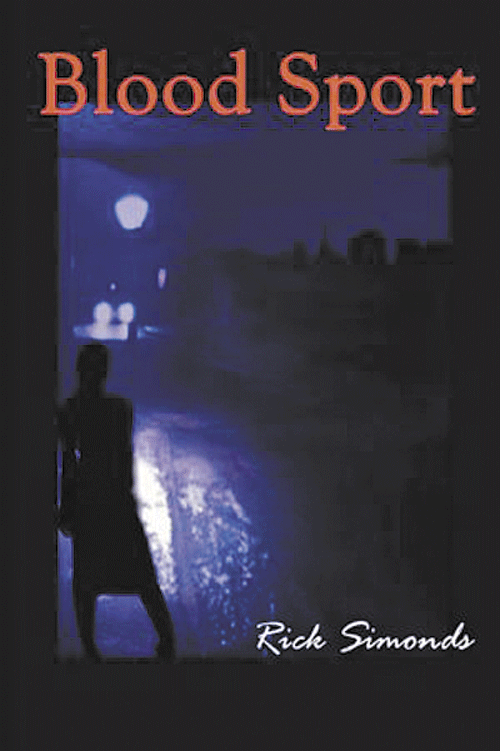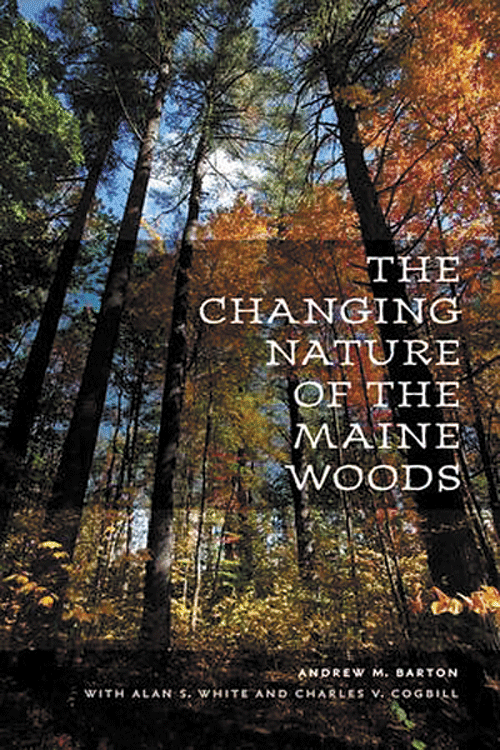BLOOD SPORT
By Rick Simonds
First Edition Design Publishing, 2012
217 pages, $14.95
ISBN 978-1-937520-82-3
The members of the Murder Club are bored. They are retired, rich white men with lots of money and few scruples.
One day, to spice up their lives, one member suggests a game — “I think we need to commit a murder.” The result is a diabolical and brilliant murder conspiracy that confounds law enforcement.
“Blood Sport” is Maine author Rick Simonds’ second self-published mystery novel, following 2011’s “Blood Code.” As a mystery novelist, Simonds shows real talent with his creepy plots and convincing bad-guy characters, but here he gives away too much.
From the beginning, the reader knows who all the villains are and why, so the reader is left to just sit back and watch the cops figure it all out. This mystery technique is all too common, diluting the suspense, making the reader a mere spectator. Still, this is an entertaining story with a cleverly disguised plot twist at the end.
Two Maine State Police homicide detectives, Reed Sanderson and Jake Lewis, are investigating an unusual string of suspicious deaths, all seemingly random and unconnected. The best minds in law enforcement suspect the deaths are really murders, but they cannot quite put the pieces together. (Simonds does some nice foreshadowing here.)
Adding to the cops’ woes is the return of a violent white supremacist killer to Maine, a vicious psychopath who organizes a crime wave to finance his real plan to exact brutal revenge on one of the state police detectives.
Then, when Reed and Jake suddenly discover the hidden pattern to the suspicious deaths, the pace picks up, resulting in a very smart conclusion that reveals that crime really does pay. Unfortunately, as with the first book, this one desperately needs the services of a competent editor to produce a truly polished product.
THE CHANGING NATURE OF THE MAINE WOODS
By Andrew M. Barton, Alan S. White and Charles V. Cogbill
University Press of New England, 2012
368 pages, $29.95
ISBN 978-1-58465-832-0
French novelist Marcel Proust (1871-1922) once observed: “We have nothing to fear and a great deal to learn from trees.” That statement wisely declares the value of learning all we can about Maine’s most abundant, renewable natural resource — the forests.
“The Changing Nature of the Maine Woods” is a scholarly ecological history of Maine’s forests from the earliest ice and bedrock, forest growth and maturity through four centuries of human impact, and a smart examination of today’s forest pressures and the future. The authors, Andrew Barton, Alan White and Charles Cogbill (two Mainers and one Vermonter), are all eminent scholars and experts in the fields of biology and forest ecology.
Together they have produced a comprehensive analysis of Maine’s forest history, a detailed, meticulously researched reference book that reads more like a scientific text than a general interest book. However, once the reader gets past scientific jargon like biomes, physiognomy and bioclimatic envelope, there is a wealth of historical and scientific information.
The authors describe Maine’s geological history, explaining how the forests were created and how factors like climate, soil, drainage, altitude, latitude and topography combine to produce a unique bio-diversity of tree species in various areas of the state, with a resultant wildlife diversity.
They also smartly reveal the impact of human activity over the past 400 years, relating to settlement, farming, timber harvesting, wood products industries and man-made pollution — what some call “the profound disruption of the forest.”
Learn, too, the real difference between weather and climate, how many millions of tons of wood are used in today’s biomass industry and the fascinating techniques of early forest surveying.
For more interesting reading about Maine’s forests, see Neil Rolde’s excellent book, “The Interrupted Forest” (Tilbury House, 2003).
— Bill Bushnell lives and writes in Harpswell.
Copy the Story LinkSend questions/comments to the editors.




Success. Please wait for the page to reload. If the page does not reload within 5 seconds, please refresh the page.
Enter your email and password to access comments.
Hi, to comment on stories you must . This profile is in addition to your subscription and website login.
Already have a commenting profile? .
Invalid username/password.
Please check your email to confirm and complete your registration.
Only subscribers are eligible to post comments. Please subscribe or login first for digital access. Here’s why.
Use the form below to reset your password. When you've submitted your account email, we will send an email with a reset code.